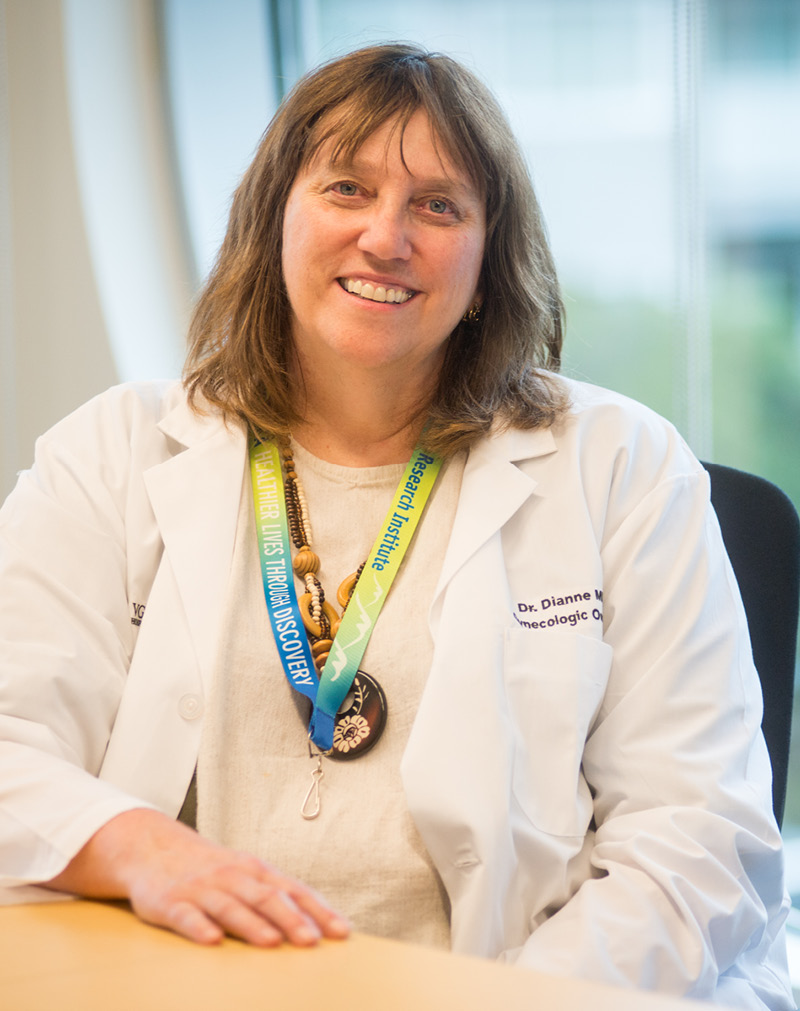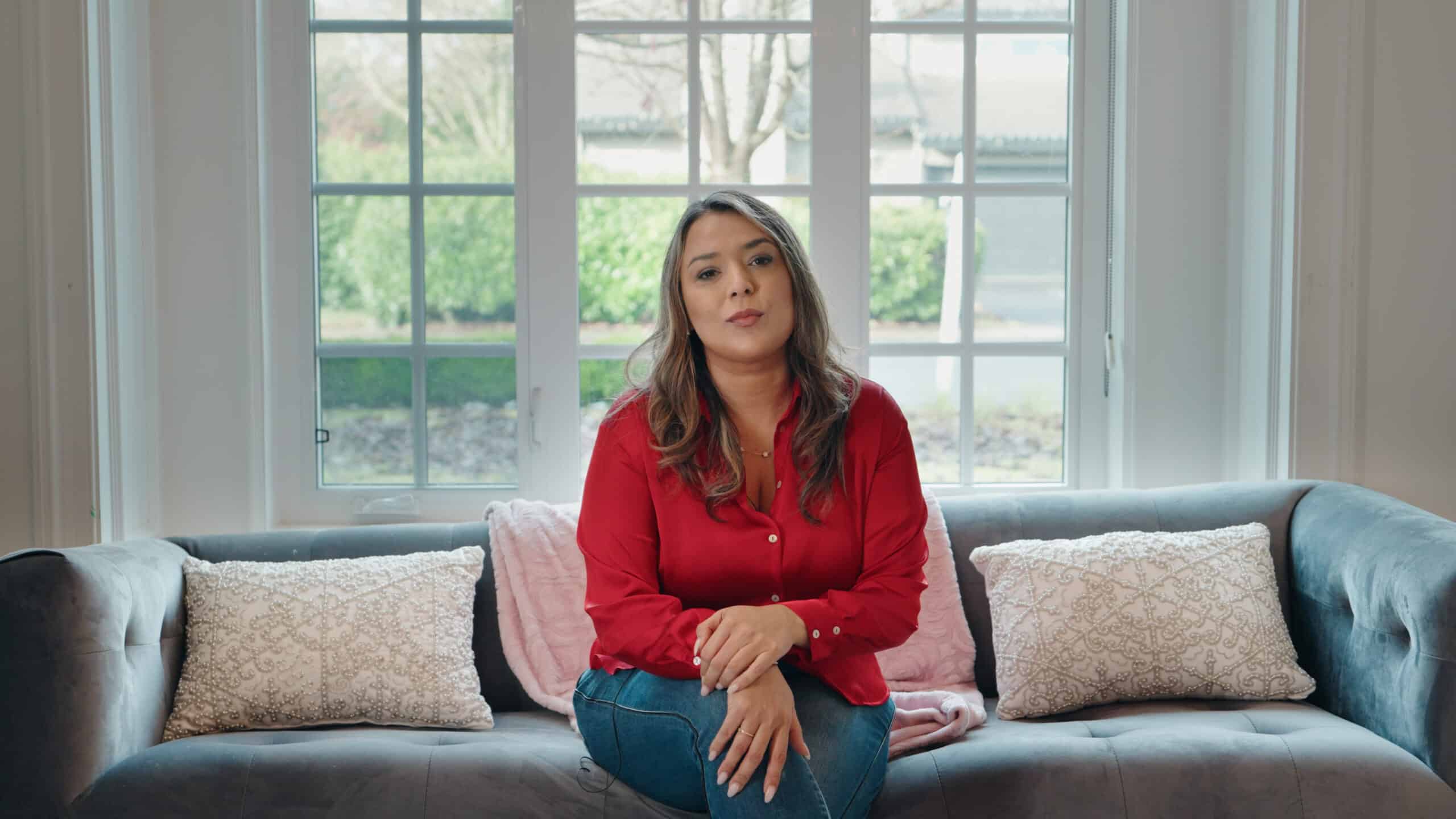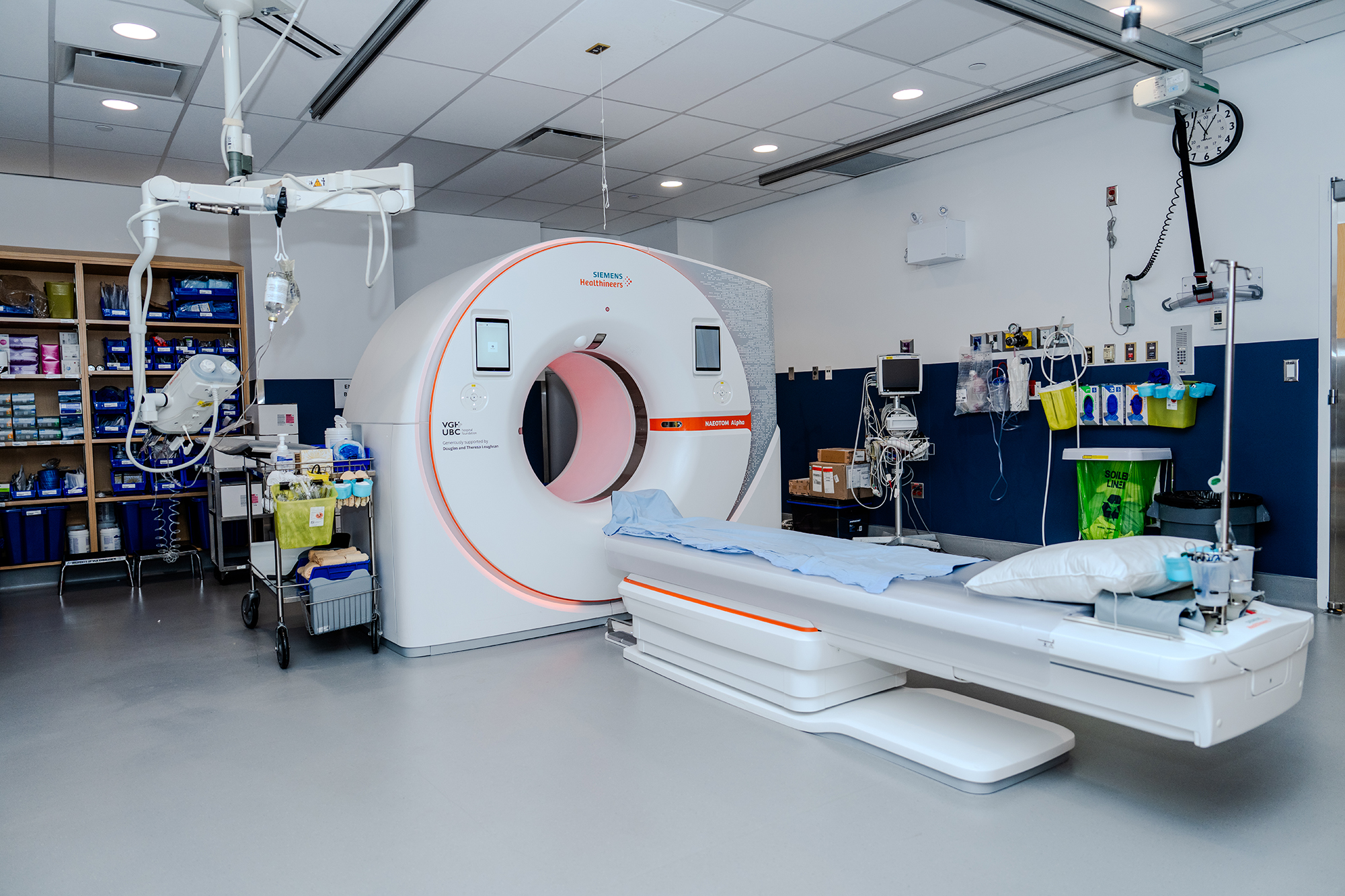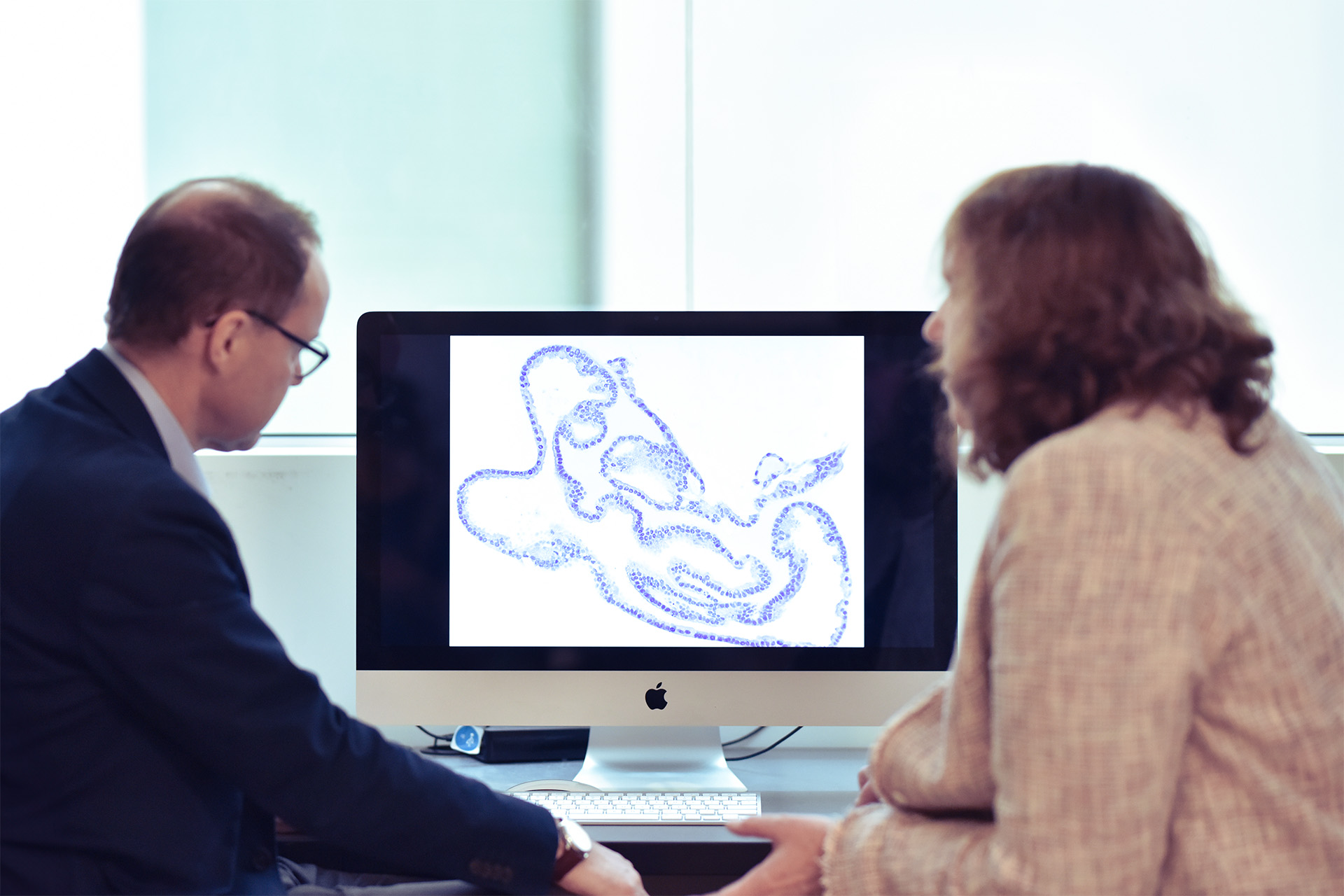When your donations are used to invest in local physicians, the impact can be felt world wide. On World Humanitarian Day, we highlighted three Vancouver physicians who are helping communities around the world.
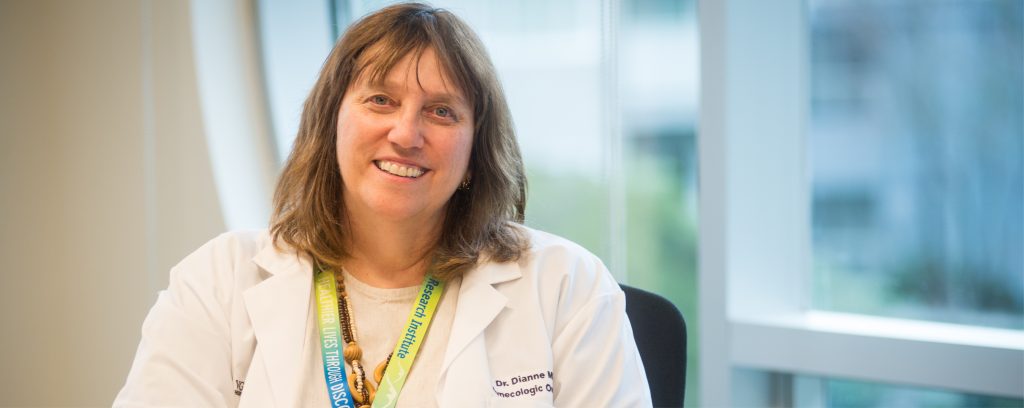
Meaningful cancer care in Uganda
Since 2001, Dr. Dianne Miller, Gynecologic Oncologist at VGH and co-founder of OVCARE, has been involved in humanitarian missions to Uganda.
It began when a colleague asked for her gynecologic-oncology expertise in a new program they were establishing in Kampala through a sister school, Makerere University.
What Dr. Miller learned when she arrived would change the next 18 years of her life.
“The need is overwhelming because in the developing world there’s no meaningful cervical cancer screening, and given that, there’s an incredible high-incidence of cervical cancer and HPV-related cancers,” says Dr. Miller.
In addition, there is a very large and poor population who don’t have the resources for treatment, and the local physicians did not have the skill set necessary to deal with their growing gynecological cancer issues, according to Dr. Miller.
“This was through no fault of their own,” says Dr. Miller. “The reality is they did not have the resources to learn what they needed.”
Building from the ground up
Throughout the years Dr. Miller has worked to change this. She helped establish a functioning hospital with local physicians, trained through an established program utilizing her and other world-leading physicians’ knowledge and skills.
“It’s now maturing, and a number of other physicians from around the world are going to use the operating room that we built and furnished, and are involved in training a couple of local Ugandan physicians,” says Dr. Miller.
Training local physicians
Dr. Hamed Umedaly, Head, Department of Anesthesiology at VGH and UBC Hospital, has been part of this same project in Uganda for 15 years.
When he arrived, there were nine anesthesiologists for the entire country. Eight trips later, he has helped train 31 new anesthesiologists, bringing their total to 40.
“Our goal is to make it so eventually the anesthesiologists can sustain the education and clinical work,” says Dr. Umedaly. “So while we can bring over biomedical engineering to meet technological needs, this technology comes to a grinding halt without the expertise behind it. We know sharing knowledge and building capacity will lead to sustainability.”
Trauma care in the Congo
Dr. Emilie Joos, Trauma Surgeon at VGH, credits her humanitarian ideology as the reason she got interested in medicine.
She took her first mission to the Democratic Republic of the Congo through Médecins Sans Frontières International in September 2015, a year after finishing her surgical training.
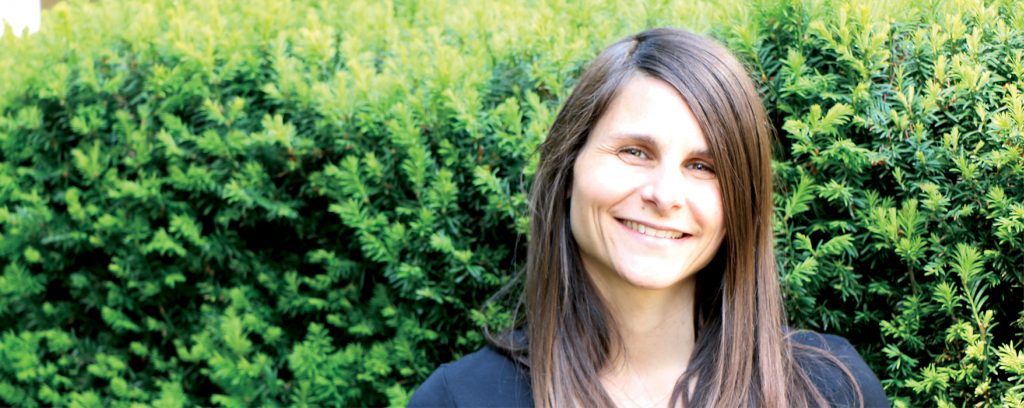
“It was a very difficult job,” says Dr. Joos. “I was on-call 24/7 in a town close to Rwanda, cut off from the rest of the world.”
She recalls long days and nights, often performing 30 to 40 surgeries a day and treating a variety of wounds including gunshots, cuts, burns, fractures, infections, and more. Yet despite the intensity of the program, Dr. Joos felt invigorated by the experience.
“It was incredibly rewarding,” she says. “I was treating real injuries, and these people were incredibly grateful because they don’t have the kind of care we are privileged to in Canada.”
In addition, Dr. Joos helped train local doctors in several surgical procedures, offering her knowledge as a way to continue her care long after she’s gone.
This educational approach would inform Dr. Joos’ next step — establishing a formal training program to teach local physicians how to perform surgeries and create sustainability.
Beyond borders
“There are so many people that are involved in a developing world project,” says Dr. Miller. “Almost every department has something going on. And hopefully it will make a difference in the long run.”
“It’s highly rewarding to go to these places that need our help and work to make change,” says Dr. Umedaly.
Dr. Joos couldn’t agree more.
“That’s the reason I went to medical school,” says Dr. Joos. “I always wanted to be helpful, in general. I always thought our bigger purpose in life was to help others. Being a doctor is one thing, but being a doctor and treating a lot of people that really need it the most is something else.”
Share this:
